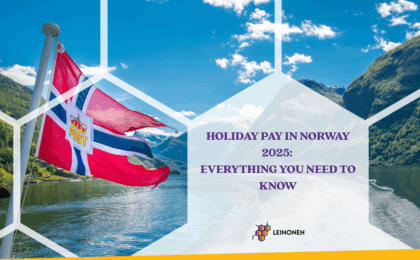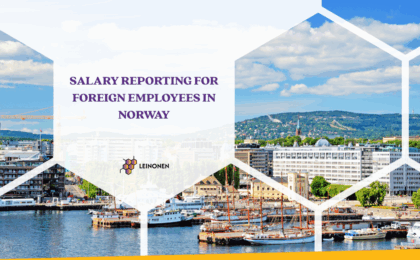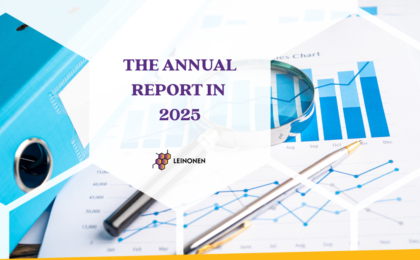The Norwegian construction industry stands as a vital pillar of the nation’s economy, with large companies undertaking multifaceted projects that often require intricate financial management.
Leinonen Norway, with a decade of experience in accounting for this sector, offers valuable insights into the unique challenges and requirements faced by construction firms from an accounting perspective.
Complexity Demands Expertise
The construction industry’s complexity stems from the multitude of projects and suppliers that large companies engage with. As a result, adept accounting is crucial to ensure smooth operations. Leinonen Norway’s experienced accountants are well-versed in managing this complexity, ensuring all financial obligations are met in a timely manner.
Project Accounts and HMS Compliance
Companies with projects exceeding 300,000 NOK in turnover, or those receiving support from entities like Innovation Norway, must maintain project accounts. Additionally, compliance with the Health, Safety, and Environment (HMS) standards is mandatory for all construction companies. Leinonen Norway excels in guiding businesses through these requirements, including the crucial process of obtaining HMS-cards for employees.
Streamlined Administrative Support
Leinonen Norway goes beyond traditional accounting services, providing comprehensive administrative support. This includes everything from managing payroll and paying bills to facilitating employee contracts. Leveraging advanced software such as Microsoft Dynamics 365 Business Central, Conta, Tripletex, and Fiken, the firm ensures efficient and accurate financial operations. Notably, Tripletex is a favored choice among construction companies.
HMS-Cards: The Key to Construction Work
HMS-cards are indispensable for anyone working in the construction industry. Leinonen Norway understands the critical importance of securing these cards for employees and assists companies in obtaining them. Without an HMS-card, it is unlawful for an employee to participate in construction activities.
Norsk Standard: Ensuring Standardized Contracts
The industry relies heavily on NS-contracts, which provide standardized terms for agreements between construction firms and their customers. Covering crucial aspects like guarantees, start-up meetings, changes, and delays, these contracts establish a clear framework for successful project execution.
Minimum Salary Regulations
Compliance with minimum salary regulations is a critical aspect of accounting in the construction industry. Employees’ hourly rates are determined by factors like formal education and experience. With a minimum salary set at 238.30 NOK per hour (2023) for those with formal education, Leinonen Norway ensures that companies meet these legal obligations.
The Norwegian construction industry demands a nuanced approach to accounting, with specific regulations, complex projects, and the need for comprehensive administrative support. Leinonen Norway’s decade of experience in this field positions us as experts who can efficiently handle the unique challenges faced by construction companies, ensuring financial compliance and operational success. With a deep understanding of auditing processes, we ensure all necessary documentation is submitted punctually, particularly before the filing of annual accounts and tax returns.
For any further enquiries please contact Leinonen Norway´s consultants – https://leinonen.eu/nor/contacts/





